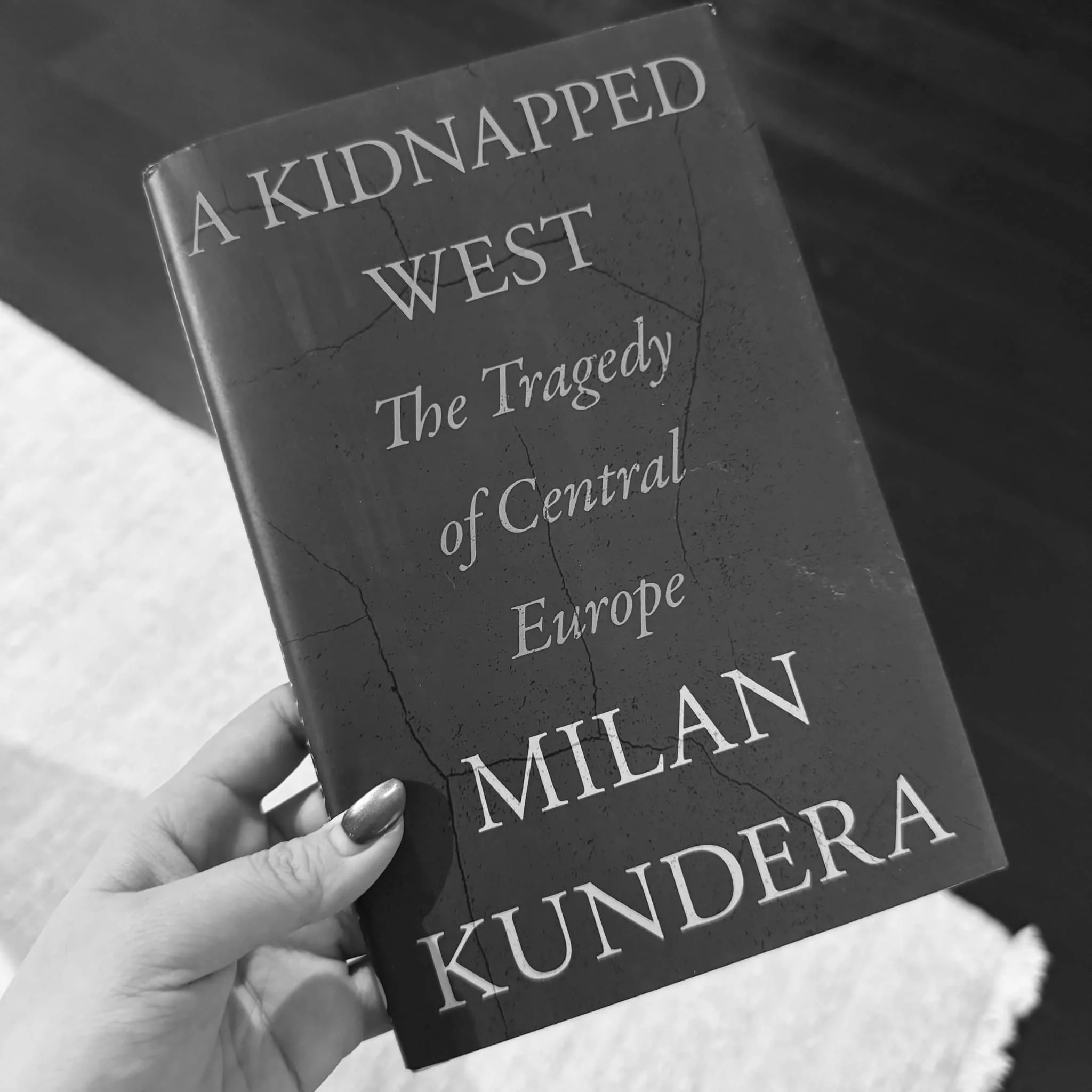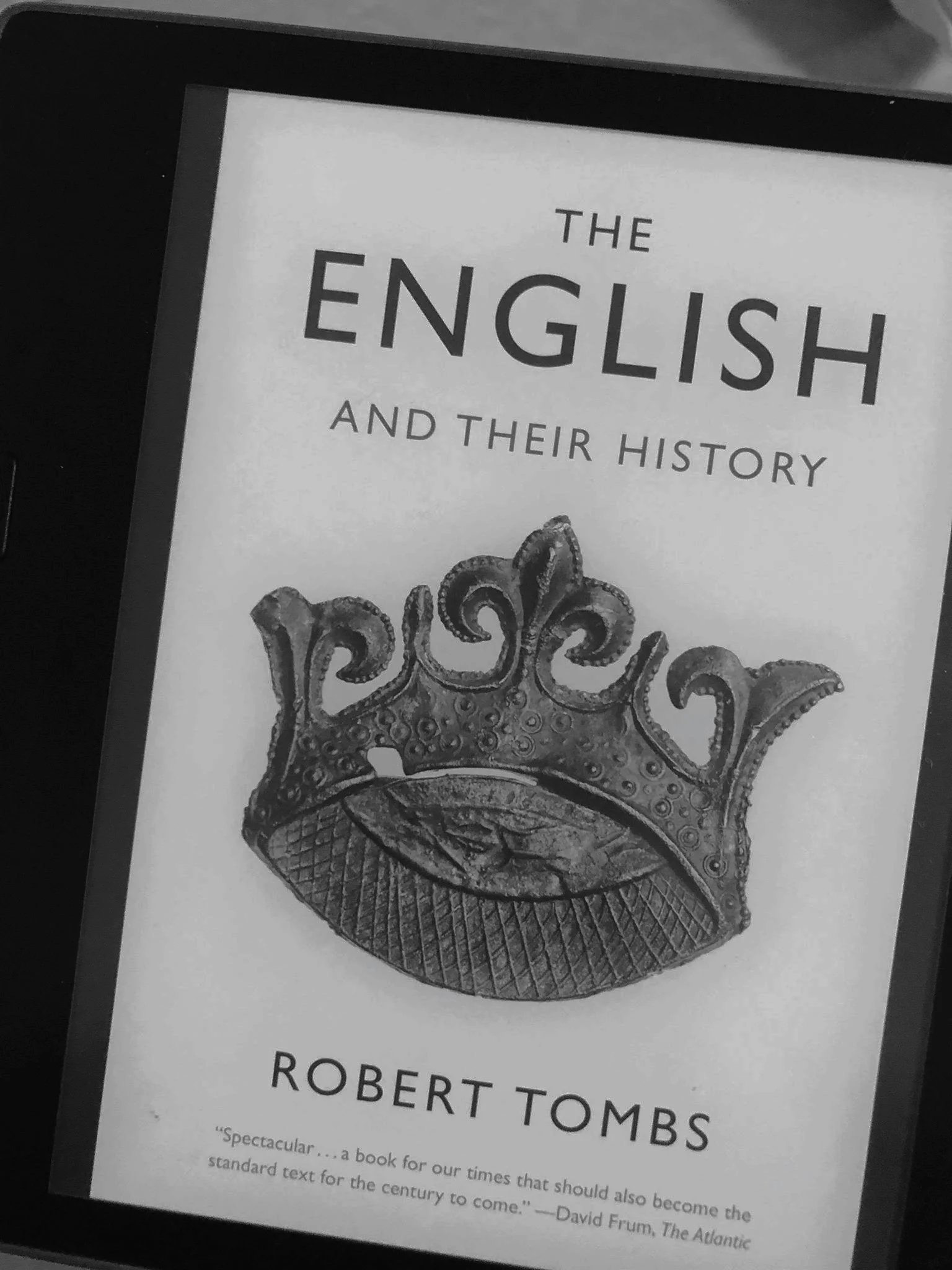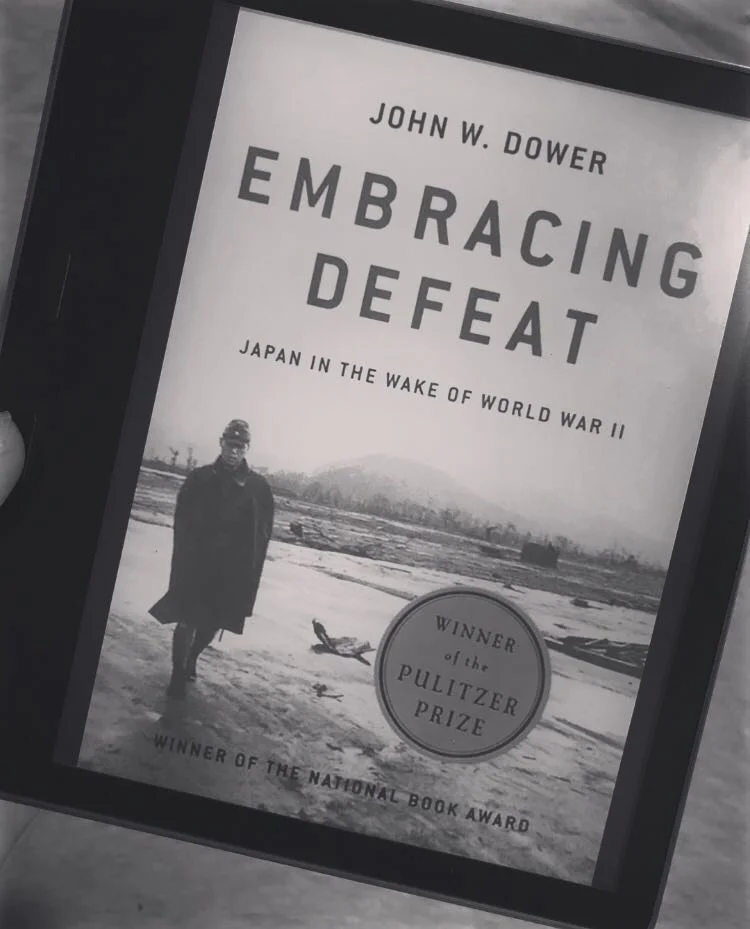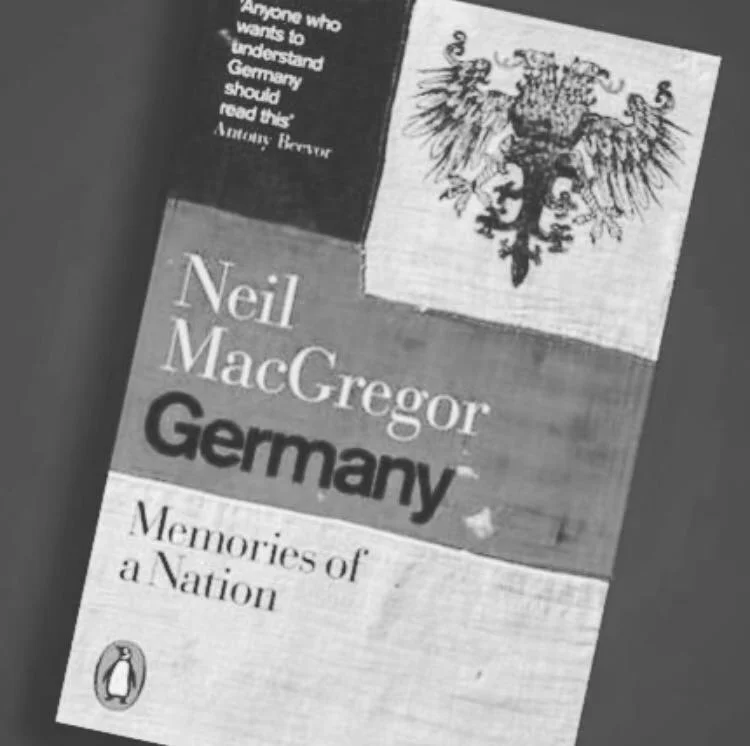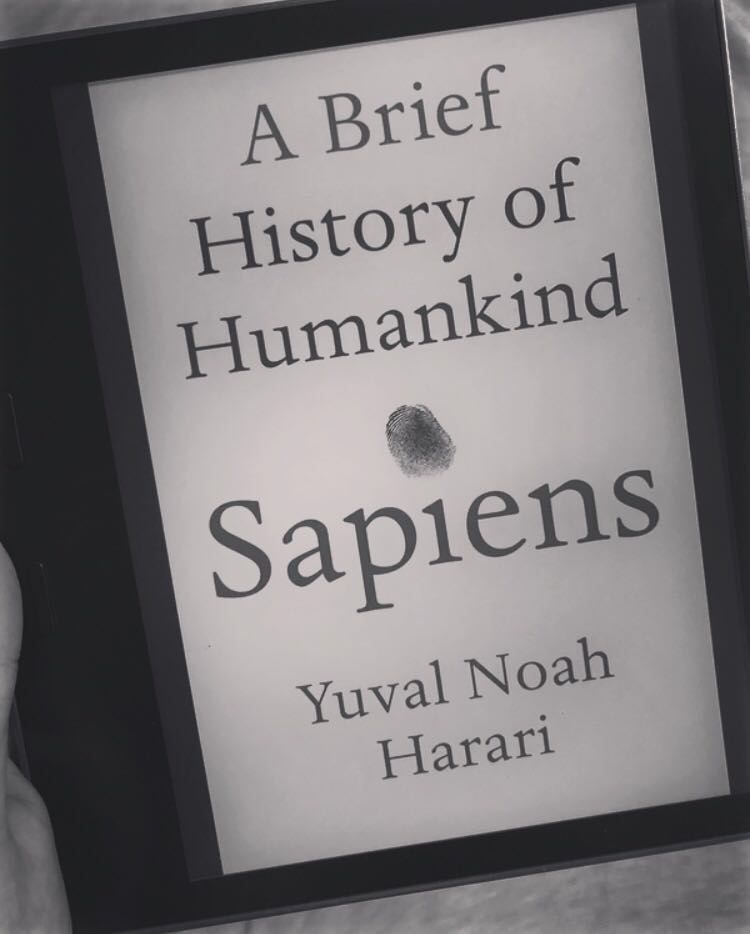Geographic Europe, from the Atlantic to the Ural Mountains, has always been a land of two distinct worlds. One traced its lineage to ancient Rome and the Catholic Church, its languages shaped by the Latin alphabet. The other drew its roots from Byzantium and the Orthodox Church, adopting Cyrillic script for its tongues. But after 1945, the fragile balance shifted. The dividing line moved several hundred kilometers westward, leaving several nations that had long identified themselves as Western to wake up and find, to their dismay, that they now belonged to the East.

